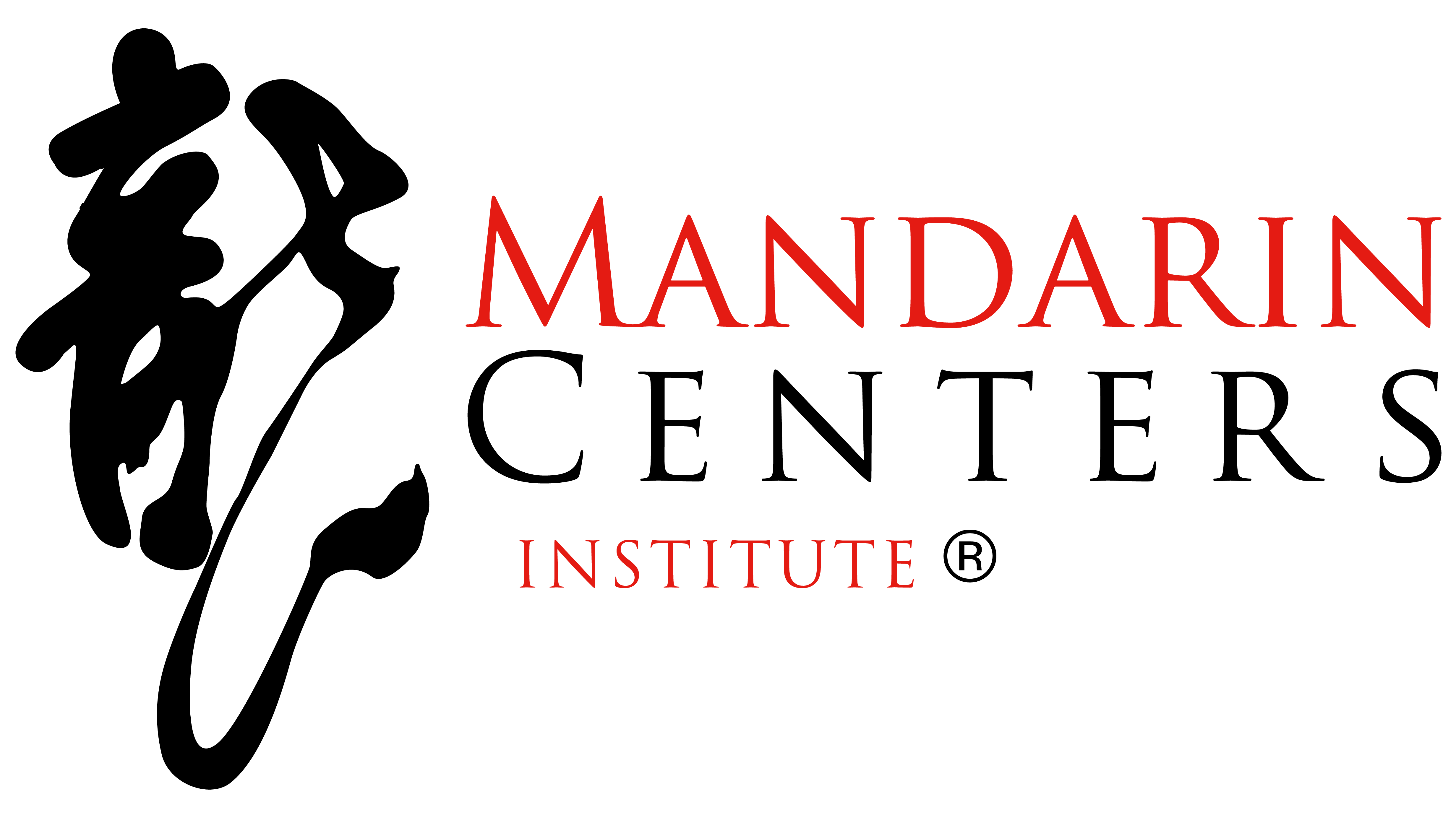Millions of people around the world study Mandarin Chinese as a foreign language. However, hundreds are diverted from learning it by misconceptions and stereotypes.
In this article, we explain why some common myths about learning Mandarin Chinese, which is not much more difficult than any other language, should be forgotten.
Myth 1: You can achieve a high level of proficiency in Mandarin Chinese if you start learning it in childhood.
Truth: Children do not memorize Chinese characters as quickly and easily as is assumed. Many studies have consistently shown that adults perform even better than children under the same conditions. It is often claimed that the brains of older learners are less flexible. However, the ability of adults to create a strong motivation for the subject outweighs all disadvantages.
Myth 2: You have to have exceptional memory capacity to learn Chinese words.
Truth: The difficulty of Chinese words seems to be overestimated. Each Chinese character has its meaning and is then used as part of other words. It is not necessary to learn new characters every time you learn a new word. After learning about 150 of the most commonly used characters, the learner can use them as “building blocks” for other words.
Myth 3: It is impossible to sound like Chinese because of the difficulty of the tones.
Truth: Mandarin is a tonal language. Practicing the four tones of Chinese is necessary, but pronunciation in any language also needs practice.
The good news is that the number of syllables in Mandarin is very limited. Some people think that each Chinese character has its own pronunciation and that students have to learn endless combinations of sounds. This is completely wrong.
Myth 4: Mandarin is completely different from other languages; it has nothing in common with European languages.
Truth: Mandarin Chinese has many distinctive features, but you will be surprised by some similar concepts.
The basic grammatical terms are the same. There are nouns, adverbs, verbs, prepositions, etc. The sentence structure has a lot in common with other languages.
Myth 5: It takes years to be able to speak Mandarin at a basic level.
Truth: Mandarin grammar is much simpler than most European languages. There are no articles (as in English), genders (as in German and French) or cases (as in Russian). The verb is not modified to express tense. The tense of the action is indicated in context.
Myth 6: Learning to write Mandarin = learning calligraphy
Truth: Calligraphy is an art and people with real talent for it are quite rare (even in China). Nowadays, it is not necessary to learn to write with a brush. Many foreigners are content to learn to write Mandarin on a computer.
Myth 7: Living in China is necessary to learn Mandarin.
Truth: Of course, it is always good to practice what you have studied in everyday life, but even if you don’t have that possibility you can improve your speaking skills. Learning through Skype and other similar tools is very helpful, as you can be guided by a native speaker.
Myth 8: Learning Mandarin is a waste of time as it will never replace English as a global language.
Truth: We are sure that English will maintain its role as a global language, but in any case knowledge of Mandarin offers you incredible career opportunities. In terms of business, China will definitely remain the biggest market for years to come. Knowledge of Mandarin is a great foundation, especially if combined with other skills (business, computer, design, engineering, etc.).
If you are eager to learn Mandarin Chinese online, we recommend you to enroll in Mandarin Centers Institute courses. Founded in 2005, Mandarin Centers Institute is the leading private Mandarin Chinese language learning center in the Western Hemisphere. It has its own methodology designed for you to learn Chinese in a simple and communicative way, encouraging all students, even beginners, to actively participate in the classes.






